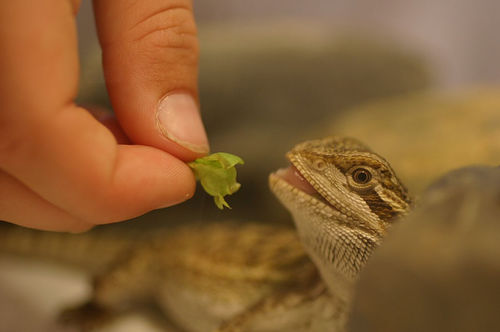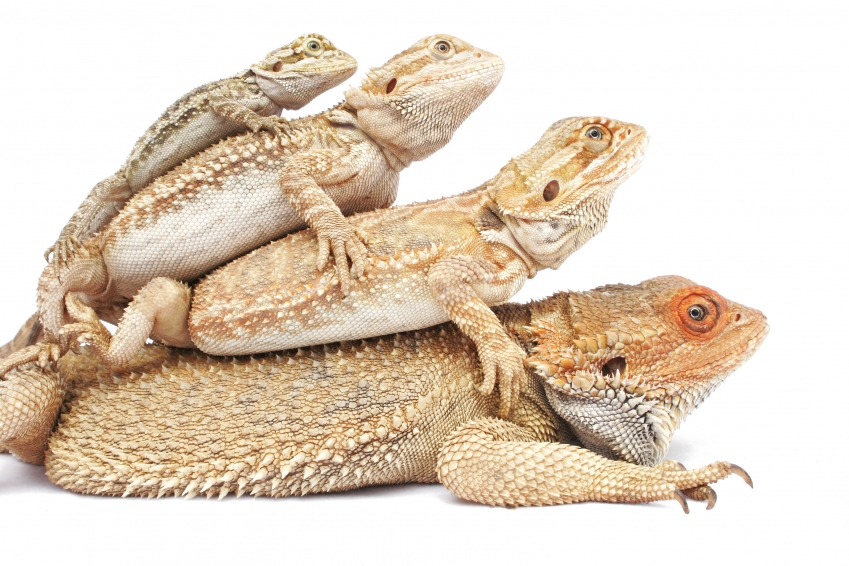Is Your Bearded Dragon Dehydrated? Here's How to Know
Introduction
Bearded dragons are wonderful pets that require very specific care to stay healthy. One of the most important things in caring for your bearded dragon is to ensure they are receiving enough water. Dehydration can be serious and even life-threatening for these lizards. So, how exactly can you tell if your bearded dragon is dehydrated? This guide will provide you with everything you need to know to keep your pet healthy and hydrated.
Why Dehydration is Dangerous
Before we discuss how to tell if your bearded dragon is dehydrated, it’s important to understand why it’s dangerous. Dehydration occurs when your pet doesn’t have enough fluids in their body. This can cause serious problems because fluids are necessary for digestion, circulation, and other important functions. Dehydration can result in sluggishness, loss of appetite, and even organ damage. If you suspect your bearded dragon is dehydrated, it’s important to take action quickly to prevent serious health problems.
Signs of Dehydration
There are several signs to watch for that can indicate your bearded dragon is dehydrated. These include:
- Sunken eyes
- Wrinkled skin
- Lethargy
- Loss of appetite
- Reduced urination
- Abnormal behavior
If your bearded dragon is exhibiting any of these signs, it’s important to take action to increase their water intake.
Preventing Dehydration
The best way to prevent dehydration is to ensure your bearded dragon has plenty of fresh water available at all times. This means providing a shallow water dish that is large enough for your pet to climb in and out of easily. You should also mist your bearded dragon frequently with a spray bottle to provide additional hydration. Additionally, you should consider feeding your bearded dragon fruits and vegetables that have high water content, such as watermelon or cucumber.
Treating Dehydration
If you suspect your bearded dragon is dehydrated, it’s important to take action immediately. The first step is to provide your pet with fresh water and mist them frequently to increase hydration. You can also offer fruits and vegetables that have high water content. In severe cases of dehydration, your pet may require IV fluids from a veterinarian. If your bearded dragon’s condition doesn’t improve with these measures, it’s important to seek veterinary care as soon as possible.
Conclusion
In conclusion, dehydration is a serious issue that can have detrimental effects on your bearded dragon’s health. By being aware of the signs of dehydration and taking measures to prevent it, you can keep your pet healthy and happy. Always ensure they have access to fresh water and consider offering fruits and vegetables with high water content. If you suspect your bearded dragon is dehydrated, take action immediately to prevent serious health problems.








